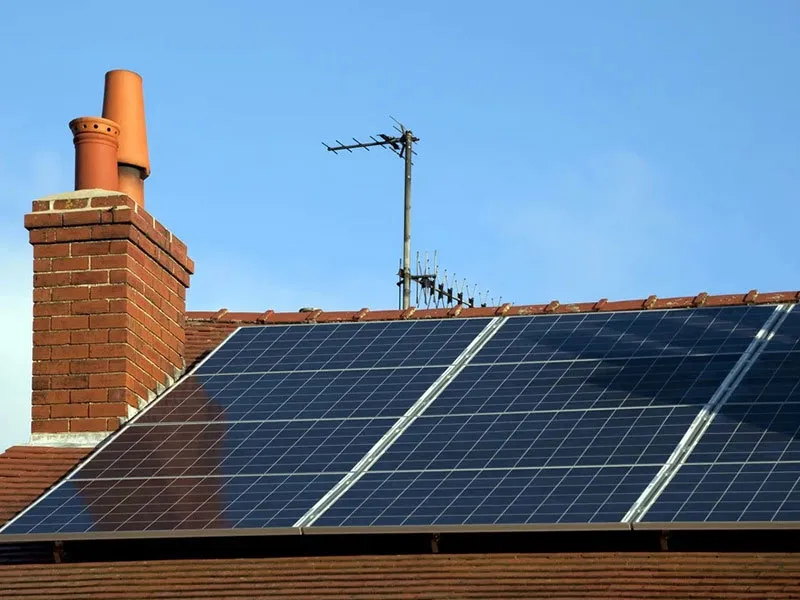thin solar panels
Thin Solar Panels A Sustainable Solution for the Future
In recent years, the demand for renewable energy sources has surged, and solar power has emerged as a leading contender in the quest for sustainability. Among the various solar technologies available, thin solar panels stand out due to their unique features and advantages. These lightweight, flexible panels are redefining how we harness solar energy, making it more accessible and versatile.
Thin solar panels are primarily made from materials such as cadmium telluride (CdTe) or amorphous silicon (a-Si), which allow for a significant reduction in weight compared to traditional silicon solar panels. This lightweight nature makes thin solar panels ideal for a variety of applications, including rooftops, building-integrated photovoltaics, and even portable energy solutions. Their flexibility enables installation on diverse surfaces, including uneven or curved structures, which is a notable advantage in urban environments.
One of the most appealing aspects of thin solar panels is their efficiency in low-light conditions
. While traditional solar panels perform optimally under direct sunlight, thin film technologies can capture a broader range of light, including diffuse sunlight on cloudy days. This characteristic can potentially lead to higher overall energy production, especially in regions with less sunny weather.thin solar panels

Moreover, thin solar panels offer cost advantages due to their manufacturing process. The production of thin film solar cells involves less raw material and energy compared to conventional panels. This not only reduces production costs but also minimizes the environmental impact associated with raw material extraction and processing. As the world becomes more conscious of environmental sustainability, the reduced carbon footprint of thin panels is an attractive feature for both consumers and manufacturers.
Despite these advantages, thin solar panels also face challenges. Their efficiency rates are generally lower than those of traditional silicon panels, meaning that they require larger surface areas to produce the same amount of electricity. Additionally, the longevity of thin film technology hasn't yet matched that of traditional solar cells, raising concerns about their long-term viability.
In conclusion, thin solar panels represent an innovative approach to solar energy that combines flexibility, cost-effectiveness, and sustainability. While they may not fully replace traditional solar panels, their unique properties make them a valuable addition to the renewable energy landscape. As technology continues to advance, the potential for thin solar panels to contribute significantly to global energy solutions is promising. Embracing this technology may lead us closer to a greener, more sustainable future, where clean energy is accessible to all.
-
String Solar Inverter: The High-Efficiency Solution for Smart Solar EnergyNewsJul.14,2025
-
Revolutionizing Rooftop Energy with the Power of the Micro Solar InverterNewsJul.14,2025
-
Power Independence with Smart Off Grid Solar Inverter SolutionsNewsJul.14,2025
-
On Grid Solar Inverter: Powering the Future with Smart Grid IntegrationNewsJul.14,2025
-
Monocrystalline Solar Panels: High-Efficiency Power for the Future of Clean EnergyNewsJul.14,2025
-
Bifacial Solar Panel: A Smarter Investment for Next-Generation Energy SystemsNewsJul.14,2025







